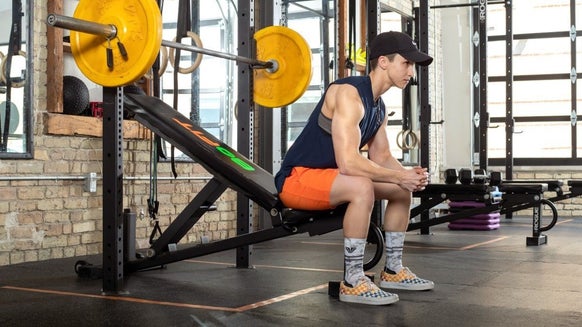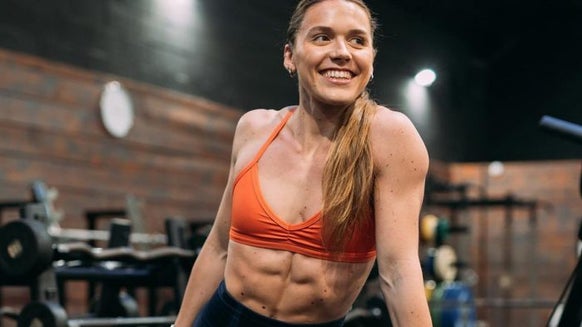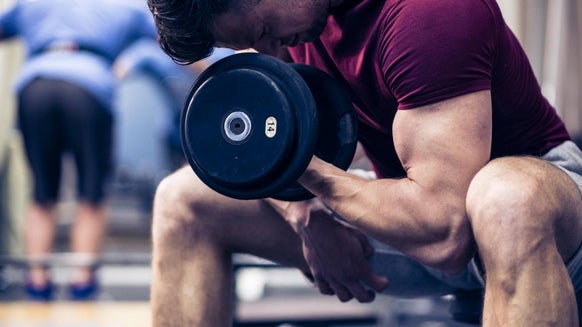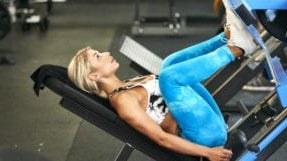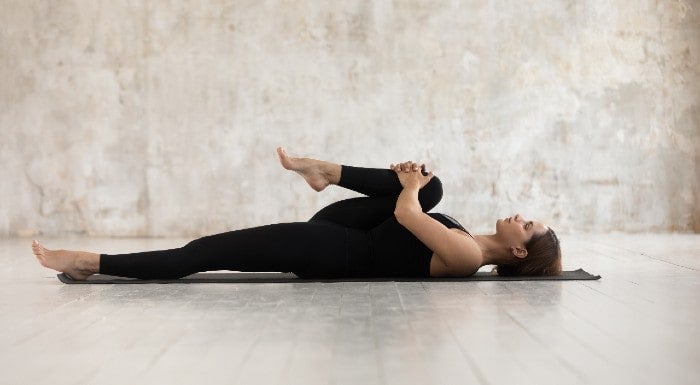

Rowing machine benefits
1. The rowing machine works the whole body
2. Rowing is an effective calorie burner:
3. Effective aerobic exercise:
Now you are aware that training on the rowing machine uses a variety of the major muscle groups, it is easier to explain
4. Prevents upper body imbalances:
5. Rowing avoids joint pain

Correct Technique
- Sit down on the seat and find a comfortable position that allows your body to align with the centre of the machine. Keep your bottom securely sat whilst leaning your hamstrings slightly off the edge of the seat.
- Before beginning any movement, adjust the foot straps and foot-holder in front of you until your feet are comfortable and secure (this may seem silly but it makes a huge difference!)
- Use an over-hand grip when grabbing on to the handle with both hands – they should be shoulder width apart. It is important to approach with a loose grip to allow for flexibility and to ‘hang’ off the grip to work the muscles more.
Perfect your posture:Extremely important to master! A small tip would be to imagine a piece of string going through the centre of your back, from your head to the bottom of your torso – imagine it’s pulled tight. You should be sitting tall with your stomach held in – allow your shoulders to be loose for flexibility. - When pulling back, make sure you start by leaning forward with legs bent and put arms straight out in front of you.
- Remember to keep your back straight – lean back slightly, straighten your legs and gently pull your elbows close to your body – try not to dig them in – (remember to stay fairly loose for maximum flexibility.)
Common Mistakes and How to Fix Them
Rowing with your arms
Leaning back
Rushing
Don’t drive your bum out

Suggested Workouts
For Fat Loss & Anaerobic Improvement
- Warm Up: Steady 500m
- 500m Sprints with 1-minute intervals
- Repeat between 5-10 times depending on fitness
- Record your time and try to improve each workout
For Cardiovascular Endurance
- Longer distance for 20-40 minutes
- Working aerobically just below lactate threshold for best results.
Intervals
- Complete 1x1000m (3 Min Rest)
- Complete 2x500m (2 Min Rest)
- Complete 4x250m (1 Min Rest)
- Finish with 8x125m (Rest 30 Seconds)
- Set a target of what needs to be achieved prior to starting e.g. a time to complete a certain distance
- Find a training partner to compete against.
- Create a good playlist that gets you motivated.
Take home message
READ MORE HERE:

Chris Appleton Author & Editor

